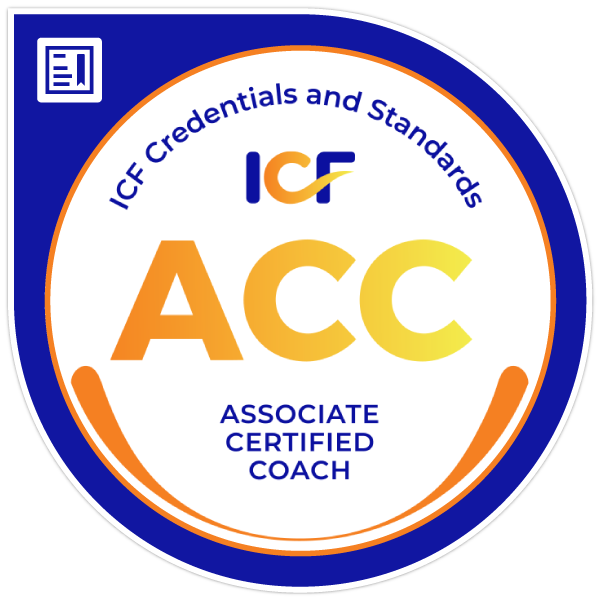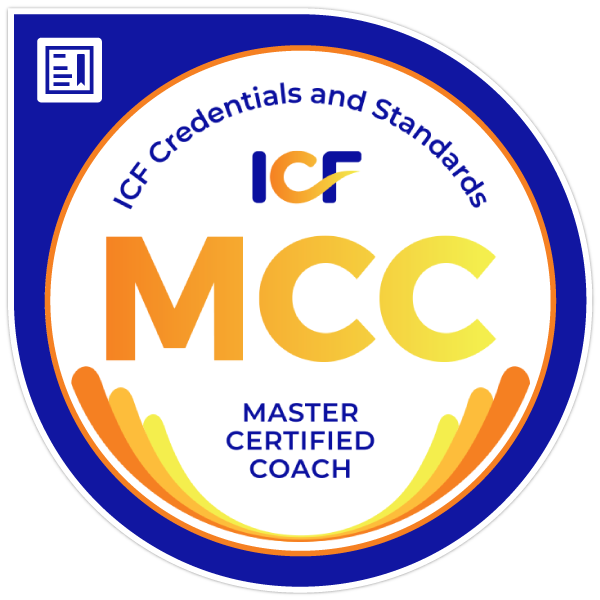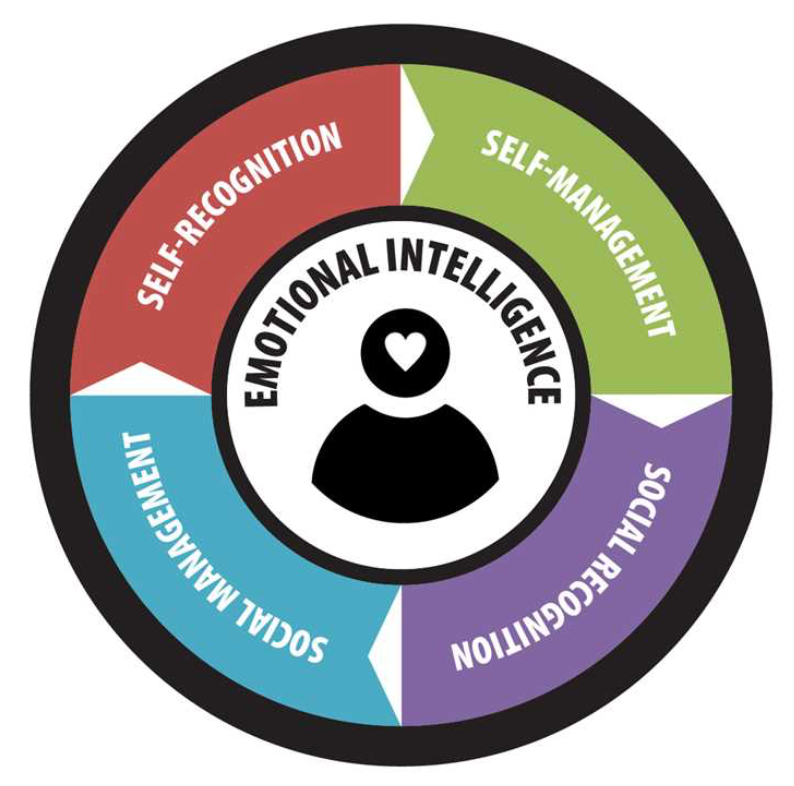Transformational Leadership Coaching
Inspire, Empower, and Elevate Your Team
In today’s dynamic and rapidly evolving workplace, effective leadership is no longer just about delegating tasks or making decisions. It’s about fostering growth, igniting purpose, and creating a high-performance culture. That’s where Transformational Leadership Coaching (TLC) comes in—a leadership development approach that combines vision, empathy, and empowerment to bring out the best in every team member.
Let’s break down how transformational coaching can reshape your leadership style and revolutionize team performance.
What Is Transformational Leadership Coaching?
Transformational Leadership Coaching is a people-first leadership strategy that emphasizes emotional intelligence, shared vision, and personal growth. Rooted in the coaching mindset, it’s designed to inspire teams, elevate performance, and build trust-driven work environments. At its core, TLC is about leading with intention and investing in the human side of leadership.
The Four Pillars of Transformational Leadership Coaching:
Lead by Example
Embody the core values you want your team to uphold. Authenticity and integrity build lasting trust.
Communicate a Clear Vision
Share a powerful, motivating vision that gives your team a sense of direction and meaning.
Champion Innovation and Creativity
Challenge the status quo. Empower your team to think creatively and contribute their unique talents.
Invest in People
Act as a leadership coach, not just a manager. Help your team grow both personally and professionally.
Why Transformational Coaching Works
Implementing a transformational coaching model yields significant results:
Boosted Employee Engagement: Empowered employees feel valued and are more committed to their work.
Higher Productivity: Coaching leadership styles promote ownership, accountability, and proactive behavior.
Stronger Organizational Culture: A growth-oriented environment built on trust leads to more innovation and collaboration.
How to Become a Transformational Leader
Ready to step into a more empowered form of leadership? Here's how to start building your coaching mindset:
1. Adopt the Coaching Mentality
Shift from “command and control” to guide and grow. Ask open-ended questions, practice deep listening, and help your team members discover their strengths.
2. Lead with Purpose
Inspire your team by clearly connecting their work to a meaningful mission. When people see how they’re contributing to something bigger, their motivation soars.
3. Encourage Lifelong Learning
Ongoing growth is essential. Leadership programs like the Vanguard Transformational Leadership Course (VTLC) and Vanguard Professional Coaching Certification (VPCC) can help you build the essential skills for transformational leadership.
4. Create a Feedback-Rich Culture
Foster an environment where feedback is welcomed and used for growth—not criticism. Regular, constructive feedback builds trust and accelerates development.
5. Empower Through Trust
Give your team autonomy and the confidence to lead their own initiatives. Trust creates space for innovation, resilience, and high-performance outcomes.
Final Thoughts on Transformational Leadership
Transformational Leadership Coaching isn’t just another leadership trend—it’s a proven mindset shift that drives sustainable growth, deeper engagement, and long-term success. By investing in your people and leading with vision and heart, you’ll cultivate a team that’s adaptable, motivated, and ready for anything.
Are you ready to inspire and elevate your team through transformational coaching? Explore our credentialed coaching programs and leadership development courses to take the next step in your journey.
















